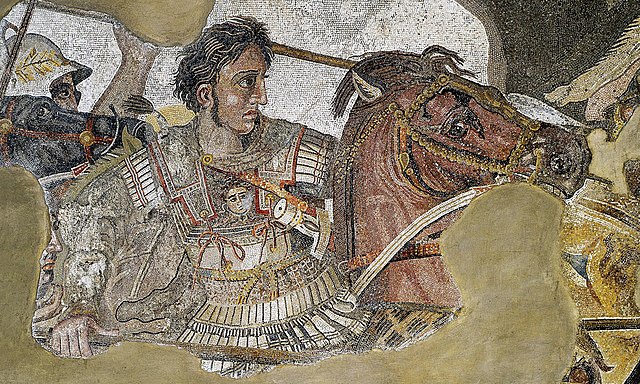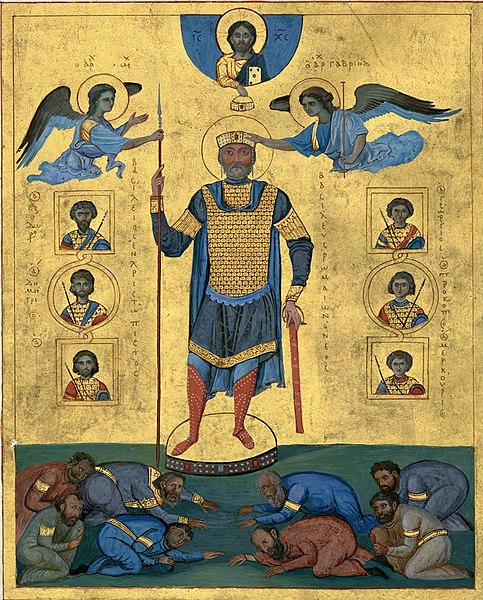Greeks in Russia and Ukraine
Greeks have been present in what is now southern Russia from the 6th century BC; those settlers assimilated into the indigenous populations. The vast majority of contemporary Russia's Greek minority populations are descendants of Medieval Greek refugees, traders, and immigrants from the Byzantine Empire, the Ottoman Balkans, and Pontic Greeks from the Empire of Trebizond and Eastern Anatolia who settled mainly in southern Russia and the South Caucasus in several waves between the mid-15th century and the second Russo-Turkish War of 1828–29. As during the Genocide of the Pontic Greeks, the survivors fled to the Upper Pontus.
Monument to the Genocide of the Pontic Greeks in Yessentuki, Russia
A statue of the Likhud brothers in Kitay-gorod
Pyotr Melissino (Petros Melissinos), General of the Artillery of the Russian Empire
Ioannis Kapodistrias
The Greeks or Hellenes are an ethnic group and nation native to Greece, Cyprus, southern Albania, Anatolia, parts of Italy and Egypt, and to a lesser extent, other countries surrounding the Eastern Mediterranean and Black Sea. They also form a significant diaspora, with many Greek communities established around the world.
Mycenaean funeral mask known as "Mask of Agamemnon", 16th century BC
Alexander the Great, whose conquests led to the Hellenistic Age
Bust of Cleopatra VII (Altes Museum, Berlin), the last ruler of a Hellenistic kingdom (apart from the Indo-Greek Kingdom)
Emperor Basil II (11th century) is credited with reviving the Byzantine Empire.








